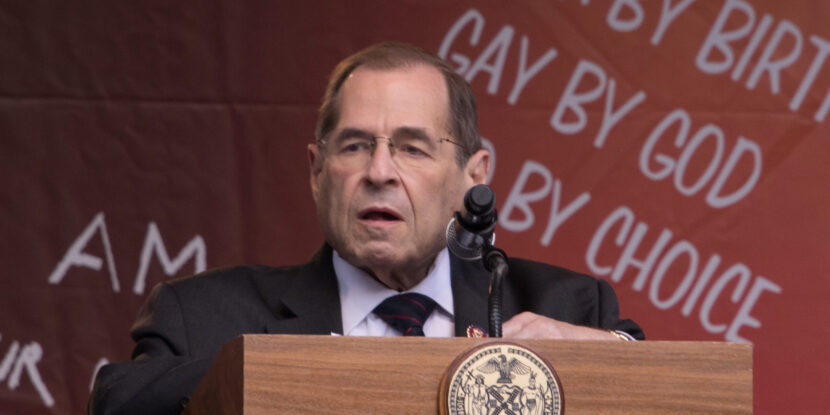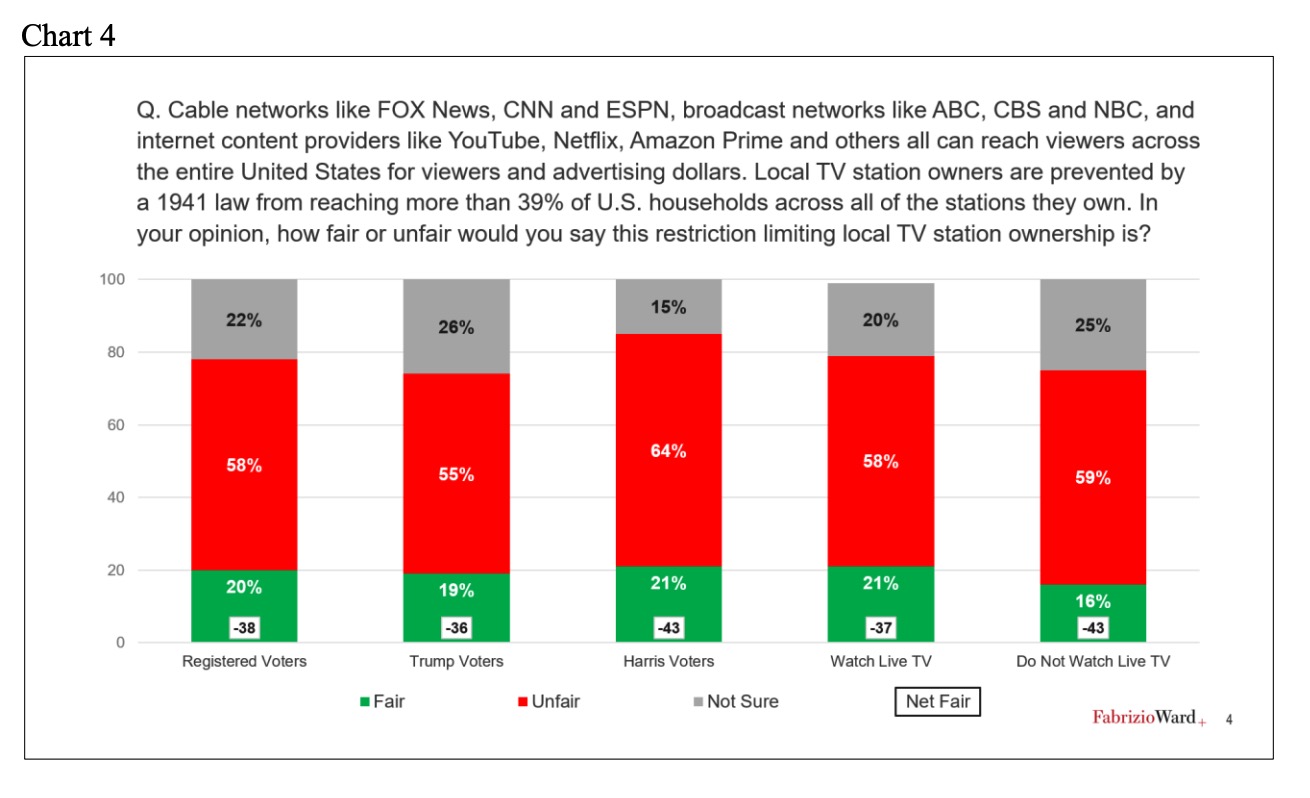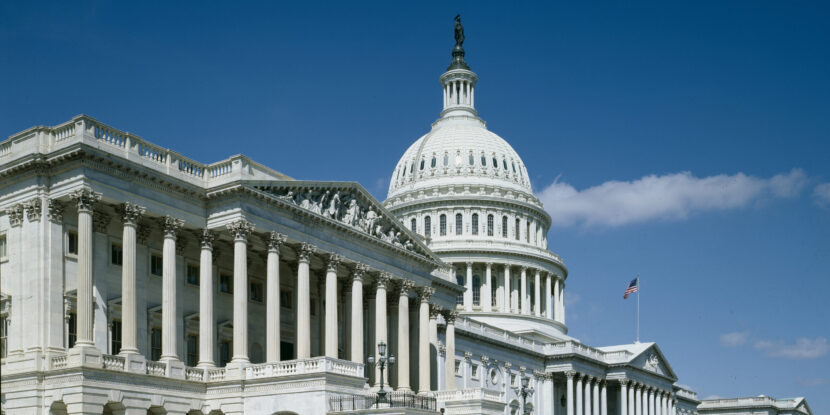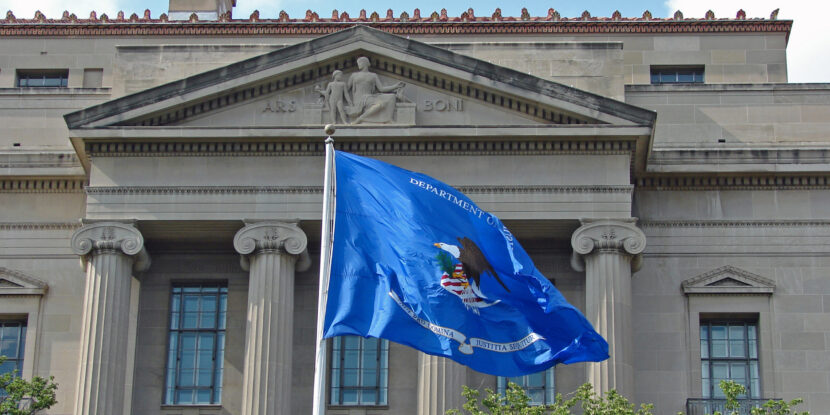❓WHAT HAPPENED: Texans approved a constitutional amendment to prohibit non-U.S. citizens from voting in the state.
👤WHO WAS INVOLVED: Texas voters, Governor Greg Abbott (R), and state legislators.
📍WHEN & WHERE: The vote took place in Texas during the most recent election period.
💬KEY QUOTE: “It is now in our Constitution that only U.S. citizens can vote in Texas elections,” said Governor Abbott.
🎯IMPACT: The amendment reinforces existing state and federal laws barring non-citizens from voting.
Texas voters have overwhelmingly approved a constitutional amendment that explicitly bans non-U.S. citizens from voting in state elections. The proposal, linked to Senate Joint Resolution 37, passed with nearly 72 percent support, according to unofficial results. The measure adds language to the state constitution stating that “persons who are not citizens of the United States” are among those prohibited from voting in Texas elections.
Texas law already requires U.S. citizenship to register to vote, and federal law bars non-citizens from voting in federal contests, including presidential and congressional races. However, supporters of the amendment said the change ensures the restriction is permanently enshrined in the state’s highest legal document. Governor Greg Abbott (R) celebrated the outcome on X, writing, “It is now in our Constitution that only U.S. citizens can vote in Texas elections.”
The amendment’s passage comes amid heightened scrutiny of voter eligibility across the state. In recent years, Texas officials have taken a series of steps to tighten election security and remove ineligible voters from state rolls. In 2024, the state reported removing roughly one million ineligible names from the voter database, including more than 6,500 flagged as non-citizens. State officials have also referred dozens of alleged cases of non-citizen voting from the 2024 general election to the Texas Attorney General’s office for further investigation.
These actions follow a broader national debate over election integrity and the extent to which non-citizen voting may occur in local or state elections. Supporters of the amendment argue that clear constitutional language helps prevent future confusion and strengthens public trust in elections.
The Texas initiative aligns with a broader push in several Republican-led states to reaffirm or expand constitutional prohibitions on non-citizen voting. Lawmakers and advocacy groups in states including Florida, Ohio, and Wisconsin have advanced similar proposals in recent years.
Texas has also drawn attention for its efforts to maintain clean voter rolls. State election officials have cited data-sharing programs and verification systems designed to identify and remove ineligible voters.
Join Pulse+ to comment below, and receive exclusive e-mail analyses.




















